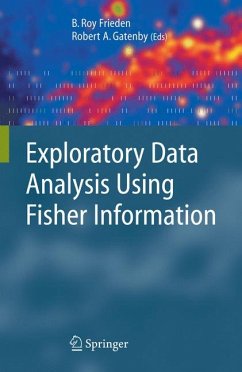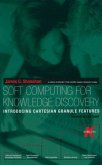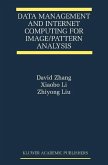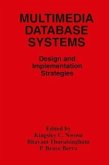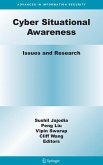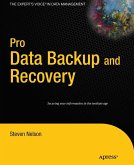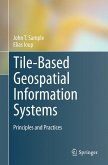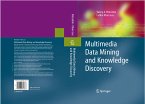The approach that follows from these ideas is called the principle of Extreme Physical Information (EPI). It is shown how to use EPI to determine the theoretical input - output laws of unknown systems. Depending upon the system, these laws can be deterministic or stochastic and applicable to data used in many complex computational systems. Not only does information characterize the amount and quality of their data, but - much more basically - it can be used to analytically determine how the data arises out of the system, by the EPI principle. The book can be profitably read by someone whose level of math is at the level of an undergraduate degree in science or engineering.
Dieser Download kann aus rechtlichen Gründen nur mit Rechnungsadresse in A, B, BG, CY, CZ, D, DK, EW, E, FIN, F, GR, HR, H, IRL, I, LT, L, LR, M, NL, PL, P, R, S, SLO, SK ausgeliefert werden.
"Roy Frieden has been exploring the consequences of studying physical phenomena on the basis of Fisher information and extreme physical information ... . therefore wish to emphasize that the truly original feature of this book ... is precisely its broad coverage; its demonstration that such a simple principle, easily grasped, is capable of yielding valuable results in such a wide range of fields of enquiry. I found Frieden's earlier books immensely original and intellectually thrilling and this one adds yet more weight to that opinion." (P. W. Hawkes, www.amazon.com, October, 2007)
"I personally have used and exploited the Fisher information theme in numerous papers related to quantum mechanics and relativity, in particular via relations of FI to the quantum potential. I would even say that this theme seems to have 'cosmic significance' and in the present arena of information technology, processing, retrieval, and distortion the book should be considered as must reading." (Robert Carroll, www.amazon.com, October, 2007)
"The book begins with an introduction by Frieden, which covers Fisher information and its uses when employing the EPI approach. ... This fascinating book is well organized, written in a careful and systematic way, and contains much new material. It will be useful to those interested in information technology (IT), processing, retrieval, and distortion. It is an excellent source of information for the study and research of exploratory data analysis." (P. R. Parthasarathy, ACM Computing Reviews, Vol. 49 (8), August, 2008)

